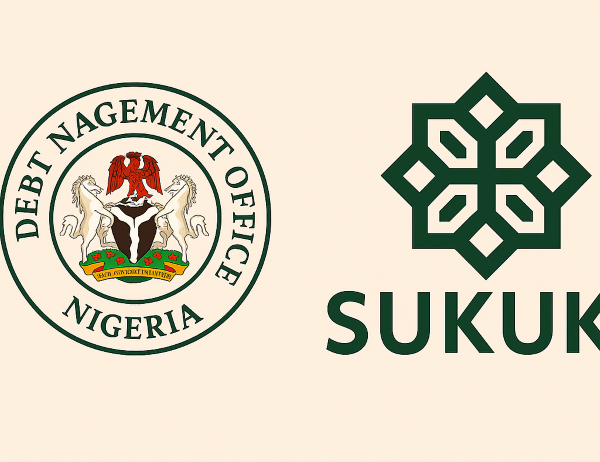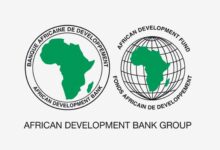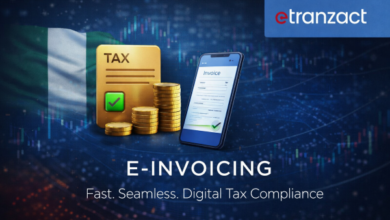Nigeria’s Series VII Sukuk Records N2.21 Trillion in Bids, Underscoring Rising Appetite for Ethical Infrastructure Financing

In a resounding show of investor confidence, Nigeria’s Series VII Sovereign Sukuk has attracted an unprecedented ₦2.205 trillion in subscriptions—a staggering 735% oversubscription on the ₦300 billion offer floated by the Debt Management Office (DMO).
The result, announced in Abuja on Wednesday, confirms the growing allure of non-interest, Shariah-compliant financial instruments in Nigeria’s capital market, as both institutional and retail investors seek safer, value-driven, and ethically-aligned investment options.
“The Sovereign Sukuk was introduced to diversify Nigeria’s investor base and democratise access to government securities. The response to this issuance proves it has matured into a flagship funding product,” the DMO stated.
Investor Composition: A Broader, More Inclusive Participation
According to subscription analysis released by the DMO, the investor base spans a wide spectrum of the Nigerian economy—retail buyers, non-interest banks, conventional financial institutions, pension fund administrators, and asset managers—a notable shift from previous offerings that leaned more heavily toward institutional investors.
This broad-based participation highlights the financial inclusion potential of the Sukuk model, with its fixed, project-backed returns and ethical structure offering an attractive alternative to risk-prone equities or conventional bonds.
Project-Tied Capital: Roads, Bridges, and Renewed Hope
In line with the infrastructure mandate of the Sovereign Sukuk, proceeds from the ₦300 billion Series VII issuance will be deployed for the construction and rehabilitation of roads and bridges across Nigeria’s six geopolitical zones and the Federal Capital Territory (FCT).
The DMO affirmed that the investment aligns with President Bola Tinubu’s Renewed Hope Agenda, which places infrastructure development at the heart of economic revitalisation and job creation.
“We remain committed to offering safe and liquid investment products that simultaneously support the government’s infrastructure goals,” the DMO said.
From Pilot to Powerhouse: The Sukuk Journey Since 2017
Since the first Sovereign Sukuk was launched in September 2017—a modest ₦100 billion issuance that attracted ₦105.9 billion in subscriptions—Nigeria has steadily built a Sukuk issuance portfolio of ₦1.09 trillion.
According to Patience Oniha, Director-General of the DMO, the funds raised to date have financed over 4,100 kilometres of roads and nine bridges across the country.
“These projects have had profound developmental effects—reducing travel time, enhancing road safety, creating jobs, and improving rural access to education, healthcare, and markets,” Oniha explained during the recent investor engagement in Abuja.
BRANDECONOMY Analysis: Sukuk’s Triple Dividend—Returns, Inclusion, and Infrastructure
The success of the Series VII Sukuk reinforces the emergence of ethical finance as a reliable lever for long-term national development. Beyond attractive returns—paid biannually to investors—the Sukuk offers tangible public goods, making it a rare financial product that delivers on return, impact, and inclusivity.
With Nigeria’s infrastructure gap estimated at over $100 billion, the continued issuance of Sukuk not only deepens the domestic debt market but also provides a project-tied alternative to traditional borrowing, particularly in a high-inflation, rate-sensitive environment.
BRANDECONOMY Insight
📊 The oversubscription of Series VII reflects a market hungry for stable, ethical investments and reaffirms Sukuk’s dual role as both a financing tool and a policy instrument. Going forward, transparency, project delivery, and regular impact assessments will be critical in sustaining investor trust and policy credibility.
KEY NUMBERS
- Offer Size (Series VII Sukuk): ₦300 Billion
- Total Subscription: ₦2.205 Trillion
- Oversubscription Rate: 735%
- Total Sukuk Raised Since 2017: ₦1.09 Trillion
- Infrastructure Projects Delivered: 4,100+ km of roads, 9 bridges
- Target Sectors: Transportation, Logistics, Rural Development
Stay with BRANDECONOMY for deeper insights into Nigeria’s debt markets, Islamic finance innovations, and the intersection of capital mobilisation and national development.












